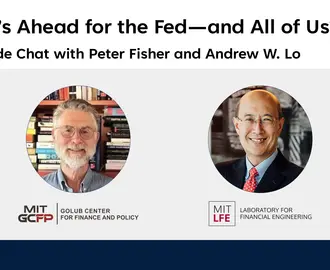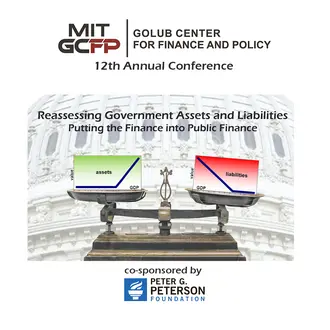Bayesian Adaptive Clinical Trials for Anti‐Infective Therapeutics during Epidemic Outbreaks
We all have heard about these “unprecedented times” and how we need to throw the old play book out and try something new. For decades, we have had established protocols on drug and vaccine testing. But how much testing does a drug or vaccine need before it goes to market? Too little testing could mean an ineffective or even harmful product is released. Too much testing and the delay could cost lives. That tradeoff is more important than ever in the face of COVID-19.
A recent paper published in the Harvard Data Science Review, co-authored by Professor Andrew Lo (Co-Director of MIT GCFP and the Charles E. and Susan T. Harris Professor at MIT Sloan School of Management), Bayesian Adaptive Clinical Trials for Anti‐Infective Therapeutics during Epidemic Outbreaks shows how the approval standards for drug therapies and vaccines should be varied based on key properties of COVID-19 and governmental interventions. The paper is co-authored with Shomesh Chaudhuri, Danying Xiao, and Qingyang Xu.
They find:
Our Bayesian patient-centered clinical trial framework provides a rational, systematic, transparent, repeatable, and practical framework for regulators, policymakers and clinical researchers to evaluate the efficacy of anti-infective therapeutics during the course of an epidemic outbreak when the cost of false negatives far outweighs the cost of false positives.
The results of this paper and the techniques employed also have applications when setting financial policy response to the pandemic. Financial policy also has Type I and Type II errors. What is the right level of support at this time; should it come in the form of subsidies or credit guarantees; and should there be forbearance on rental and mortgage payments?



